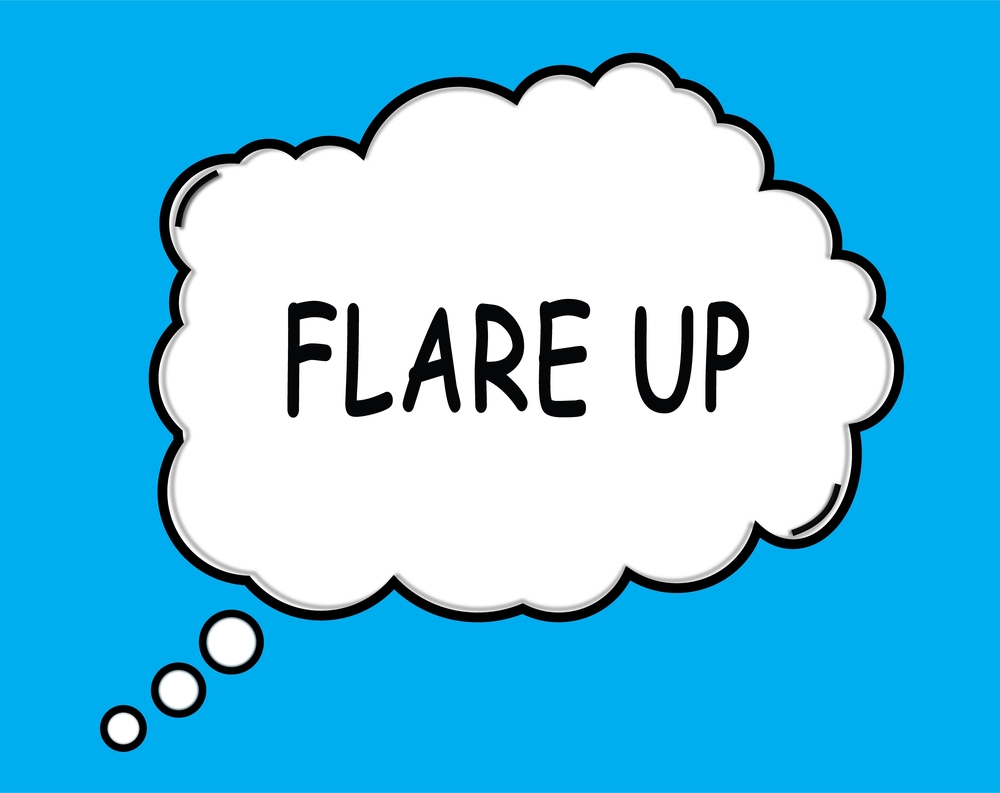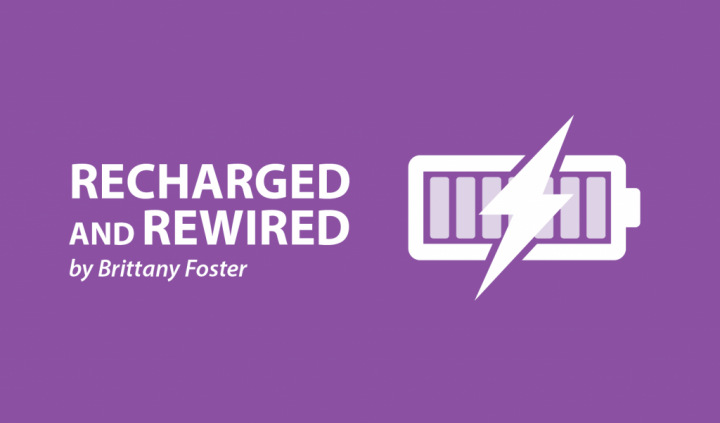When Flare-ups Trigger Anxiety and Depression
Written by |

“What goes up must come down.”
When thinking about pulmonary hypertension and chronic illness, this saying holds so much truth. It is disheartening to come to terms with the fact that although there are good days when I can manage my illness, there are also awful days when it becomes unbearable. Some days I can go about my daily life, work with children, keep up with my writing, and maintain some form of a social life. Then there are flare-ups of my illness. These flare-ups leave me feeling as if I have no control over my body. They cause physical discomfort, unbearable fatigue, and an increase in my level of anxiety and depression.
Flare-ups themselves aren’t easy to control or to prepare for. Sometimes I can slow my body down when I am feeling extra exhausted and I’m pushing myself too hard. I have to remind myself that pushing my body will only put it into a physical state of stress and lead to symptoms that are difficult to control. Other times, increased symptoms seem to appear without warning, whether caused by an acute illness, lower oxygen levels, or changes in weather. No matter what the cause of the flare is, it is a brutal reminder that my body needs a break.
Sometimes my body can get back to its “normal” when I take time to rest properly in the comfort of my own home. At other times, I need extra help from doctors or a hospital admission to get me back to my baseline. Feeling and acknowledging an increase in discomfort or a worsening of symptoms leads to a lot of unwanted anxiety.
It makes me ask myself questions like: “Am I declining? Will my body bounce back from this? How long will I have to be out of work? When will I start to feel normal again? Will this pain go away? Do I need the hospital right now?”
My anxious thoughts during these flare-ups revolve around the state of my health, the discomfort that I am in, time-frames for feeling better, thoughts of death, and thoughts about not being able to make a comeback or return to “normalcy.” When I am in the midst of a flare, it is hard to get my mind to think about what it was like to feel better than that moment.
Flare-ups not only increase my level of anxiety, they also bring about an increase in depression, especially in the few weeks following a hospital admission or a serious health crisis. When my concentration is on my physical health and trying to regain strength, it brings my attention to just how serious my illness is and how things can change so quickly. It is easy to get caught up in these thoughts of the state of my health and the decline that I have experienced.
In these moments I feel isolated and express anger toward my body. Sitting or lying in bed gives me a lot of time to think. These thoughts are hard to sit with, especially if I am physically feeling awful. I have thoughts such as “I wish I didn’t have to do this anymore” and I even think “I don’t want to do this anymore.” These thoughts trigger depression and leave me with feelings of hopelessness, frustration, and general sadness because I know that this won’t be the last time this happens.
Flare-ups with pulmonary hypertension are extremely difficult, both physically and mentally. Unfortunately, these flare-ups are inevitable. Each time there is an exacerbation of my condition, it can cause an increase in anxiety and depression. Although I can’t control my physical symptoms during these flare-ups, I try my best to cope with the anxiety and depression. The best thing for me to do in these moments is to acknowledge my thinking and recognize it for what it is.
***
Note: Pulmonary Hypertension News is strictly a news and information website about the disease. It does not provide medical advice, diagnosis, or treatment. This content is not intended to be a substitute for professional medical advice, diagnosis, or treatment. Always seek the advice of your physician or other qualified health provider with any questions you may have regarding a medical condition. Never disregard professional medical advice or delay in seeking it because of something you have read on this website. The opinions expressed in this column are not those of Pulmonary Hypertension News or its parent company, Bionews Services, and are intended to spark discussion about issues pertaining to pulmonary hypertension.





Leave a comment
Fill in the required fields to post. Your email address will not be published.